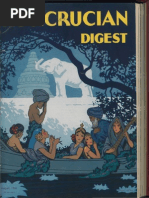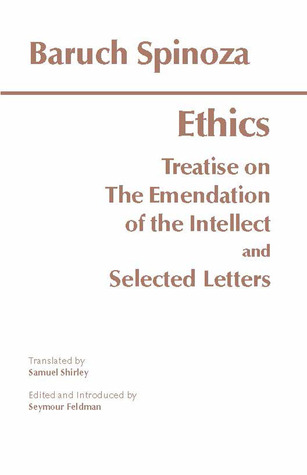Free Download Program Spinoza Ethics Curley Pdf Merge
 Bullet flag svg, gun flag svg, gun flag clipart, gun svg, bullet svg, american cricut silhouette – eps, dxf, png, pdf, svg – digital files. 5 out of 5 stars. See similar items + More like this. Favorite Favorited. Add to Added. State to State SVG, DXF, PNG, Jpg, Eps Cuttable and Printable All 50 States. Custom Printable Sesame Street Abby Cadabby Centerpiece Displays / Abby Cadabby Birthday / Cake Topper. Birthday Cake Toppers, Birthday Cakes, 2nd Birthday, Birthday Party Ideas, Sesame Street Signs, Copy Store, Custom Items, Sesame Streets, Halloween Party. SVG PNG Sesame Street Cookie Monster.
Bullet flag svg, gun flag svg, gun flag clipart, gun svg, bullet svg, american cricut silhouette – eps, dxf, png, pdf, svg – digital files. 5 out of 5 stars. See similar items + More like this. Favorite Favorited. Add to Added. State to State SVG, DXF, PNG, Jpg, Eps Cuttable and Printable All 50 States. Custom Printable Sesame Street Abby Cadabby Centerpiece Displays / Abby Cadabby Birthday / Cake Topper. Birthday Cake Toppers, Birthday Cakes, 2nd Birthday, Birthday Party Ideas, Sesame Street Signs, Copy Store, Custom Items, Sesame Streets, Halloween Party. SVG PNG Sesame Street Cookie Monster.
PDF What is the value of a life? How should we regard death? This paper uses the methods of economics to defend some of the views of Epicurus against the utilitarian approach that welfare.


Spinoza Ethics Text

Spinoza Ethics Explained
The clear and accessible Introduction offers a historical sketch of Spinoza’s life and intellectual context and indicates how Spinoza’s philosophy might be seen as a rich cultural resource today. Topics treated here include the mind-body problem and its relation to the sex-gender distinction; relational autonomy; the nature of love and friendship; sexuality and normative morality; free will and determinism and their relation to Christian theology; imagination and recognition between the sexes; emotion and the body; and power, imagination, and political sovereignty. The essays engage in a rich and challenging conversation that opens new paths for feminist research.
Contributors, besides the editor, are Aurelia Armstrong, Sarah Donovan, Paola Grassi, Luce Irigaray, Susan James, Genevieve Lloyd, Alexandre Matheron, Heidi Ravven, Amelie Rorty, and David West.